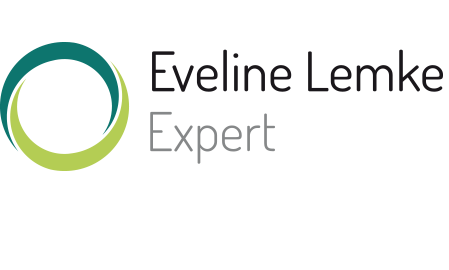
Climate protection through circular economy and sustainable production
ECOLIANCE Rhineland-Palatinate and Zukunftsregion Westpfalz e.V. jointly invite to an event. On Friday, February 24, 2023, 2:00 p.m. – 6:00 p.m., the Advisory Board Chairman of Ecoliance, State Secretary Michael Hauer, Dr. Michael Lakatos, Project Manager Waste2Value and the Vice President of RPTU Kaiserslautern-Landau, Prof. Dr. Werner Thiel will discuss the opportunities of the Circular Economy with other experts in the Rotunda of RPTU Kaiserslautern-Landau. You can find the program here.
Circular economy and resource conservation are central fields of action in climate protection policy and, against the background of geopolitical tensions and interrupted raw material supply chains, increasingly also in security policy. A paradigm shift is urgently needed with regard to closing material cycles. Circular production, transport, consumption and investment also consume energy and are not free of environmental pollution. That is why the reduction of total raw material input and resource consumption must be included in strategic considerations.
Motivating companies for more circular economy
On February 24, the environmental technology network Ecoliance Rheinland-Pfalz e.V. and ZukunftsRegion Westpfalz e.V. will jointly present exemplary strategies that can contribute to the necessary paradigm shift. Both networks want to motivate more companies to focus more on the topic of circular economy and to participate in the results of the BMBF project Waste2Value.
The event will focus on biotechnological innovations that have been developed in the Western Palatinate region at various research institutions in recent years and are to be developed into marketable products together with companies as part of the Waste2Value project.
Developing traditional competencies
One of the goals of Waste2Value https://w2v-rlp.de/strategie/ is to combine traditional competences in the field of adhesives and plastics, originating from the shoe and textile industry, with industrial biotechnology. As part of the Waste2Value project, processes are to be developed and tested together with companies that can be used to obtain competitive platform chemicals for the plastics industry and valuable extractables for the food and cosmetics industries from organic residues. In line with the German biomass strategy, the processes to be developed should not be in direct competition with food production, be economically competitive, and be sustainable and climate-friendly.
Projects already funded are investigating, for example, new organisms and processes to produce valuable materials from regionally generated residues, the production of PLA from baking and pizza waste, the use of algae and cyanobacteria to produce bioadhesives, dyes and bioplastics under microbial residue utilization, and the utilization of other residues such as wood, shoe materials or CO2 from flue gases.



No Comments